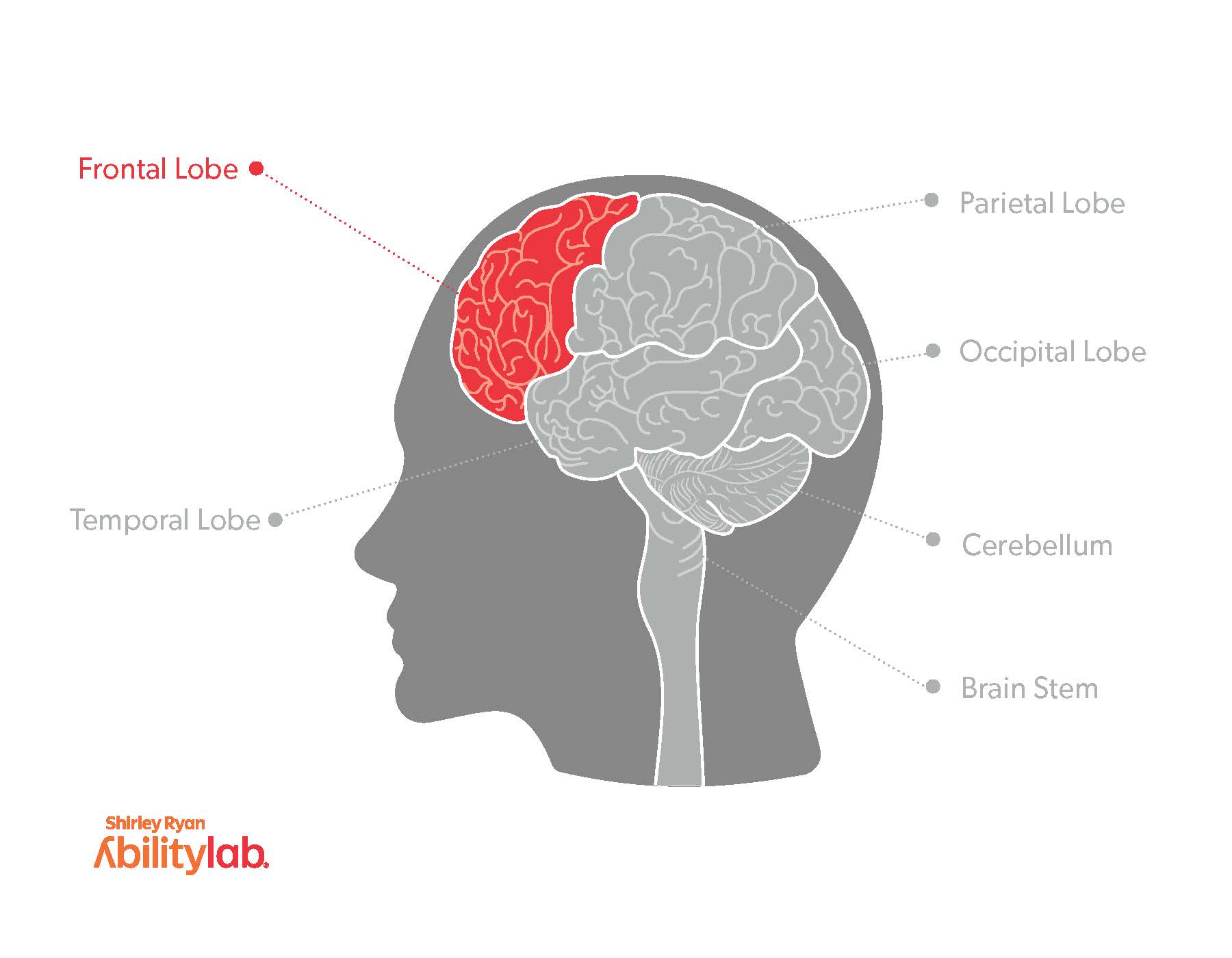Body
Traumatic brain injury (TBI) can have long-lasting effects on a patient’s speech, mobility and activities of daily living. However, one of the most challenging aspects for families to grapple with can be personality changes they observe in their loved one.
Personality changes in a patient result from alterations to the physiology of the injured brain — largely dependent on where the injury occurred in the brain and what functions that area controls.
For example, in some patients a brain injury can affect the part of the brain that regulates emotions, behavior and understanding. In others, TBI-related disruption in brain function may interfere with memory, attention and concentration, or the speed with which the brain can process information.

Families of patients with TBI may be confused or frightened if their loved one acts differently following a brain injury. However, personality changes typically are not permanent, and patients often experience improvement over time as the brain heals. Throughout treatment, clinicians will focus on techniques and exercises to help patients regain abilities based on their unique needs and injuries.
Common Ways Traumatic Brain Injury Affects Personality
Body
There are three broad categories for how TBI can affect personality, and subsequently a patient’s behavior.
Emotional Changes
- Emotional dysregulation, or the inability to control emotions.
- Emotional lability, which is a sudden change in emotion or mood, often without an apparent cause.
- Exaggerated reactions to conversations or events.
- Irritability, annoyance, aggression or anger toward others.
- Frequent outbursts of anxiety, crying, elation, happiness or laughter. In some cases, a patient may experience brief episodes of laughing or crying that do not match what the person is actually experiencing (e.g., seeing something sad and starting to laugh).
- Restlessness or agitation.
- Apathy, an emotional flatness in which patients may appear disengaged or have less motivation or response to external stimulation.
Mood Disorders
TBI also can be associated with mood disorders that cause significant changes to a person’s emotional state. Patients may experience:
- Depression and/or anxiety disorders, and in some cases, post-traumatic stress disorder (PTSD).
- Feelings of sadness and/or a loss of interest in activities a patient used to find enjoyable.
- Emotional and physical problems.
- Decreased ability to function at work and at home.
Memory
Finally, cognitive changes commonly affect memory in those with TBI. Patients may not follow conversations or remember the names of loved ones. As a result, a patient may avoid conversations.
Treating Emotional & Behavioral Changes in Patients with TBI
Body
There are many interventions and treatments to help patients cope with emotional and behavioral changes resulting from TBI, such as:
- Psychological counseling.
- Medication.
- Establishing good nutrition and sleep habits.
- Recreation and stress management therapies — art, music and pet therapy, outings and adaptive sports often have a positive impact on mood.
- Ongoing TBI education, information and community resources for patients and families.
- Support for families to ensure patients have a strong network for their ongoing care.
Interdisciplinary care teams — comprising physicians; psychologists; physical, occupational and speech therapists; and nursing staff — will work together to identify personality changes and form a rehabilitation plan that helps patients achieve their best outcomes.

